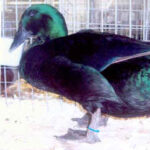
- Fall Cayuga Duck- Sold as Baby Ducklings Only


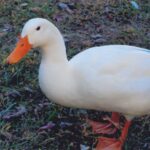
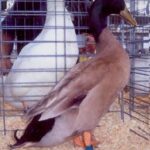
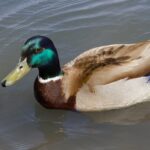
Comparison Chart of Duck Breeds – Click the name of the breed for more information, to see an image of that breed and for purchasing options. Breed Breed Color Link Weight Purpose/Type Egg Production Temperament APA TLC Ancona Duck 7-8 lbs Egg Laying; Exhibition Eggcellent Docile No Critical Status Buff Duck 5-6.5 lbs Egg and […]
Continue Reading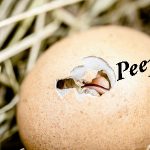
Chicks, ducklings, and babies of other barnyard birds are precocial, meaning they are able to feed themselves almost from the moment of hatch. Precociality is the reason why chicks peep before hatching. The word precocial comes from the Latin word praecox, meaning early to mature. A fancier word for precocial is nidifugous — from the […]
Continue Reading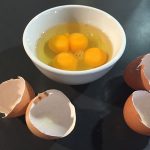
In the normal course of events, two yolks appear in approximately 0.1% of eggs laid, or about one in every 1,000. So why are we lately hearing so much about those rare double yolk eggs? And what causes double yolk eggs in the first place? Causes of Double Yolkers A double yolk egg occurs while […]
Continue Reading
An egg’s internal qualities cannot be determined by looking at the outside of the egg. Detecting such things as blood spots, double yolks, hairline cracks, and thin shells requires candling the eggs. Candling means examining the contents of an egg by placing it against a bright light. It’s called candling because the bright light was […]
Continue Reading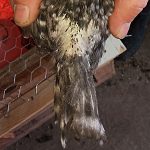
A chick’s baby feathers are delicate and vulnerable while the bird grows a complete set of adult plumage. Until then, unsightly feather loss in baby chicks may be caused by rubbing or picking. Sequential Molting When a chick reaches the age of three and four weeks, its body feathers grow and fill out. By the […]
Continue Reading